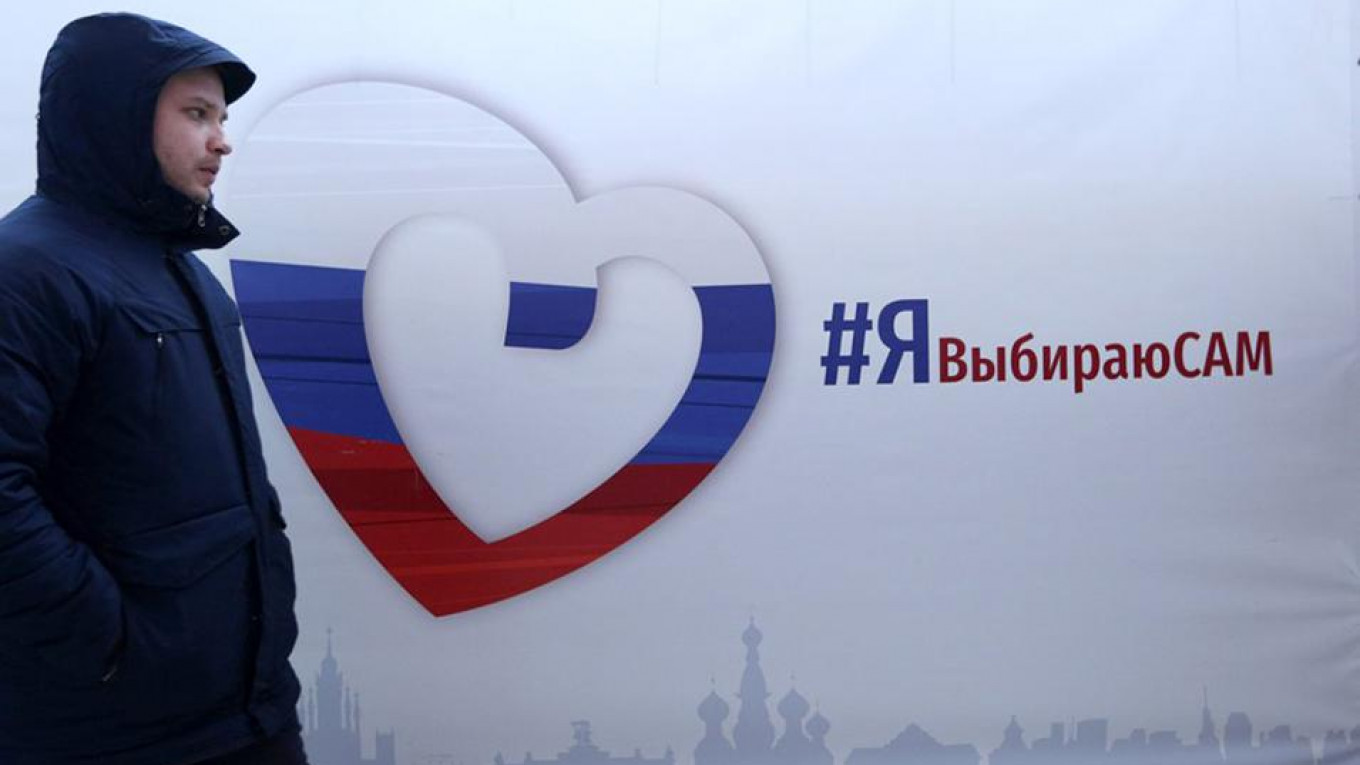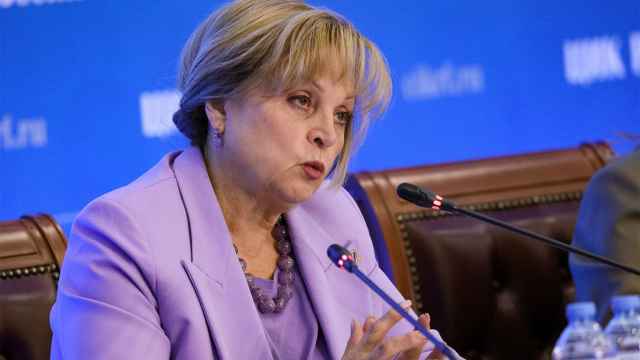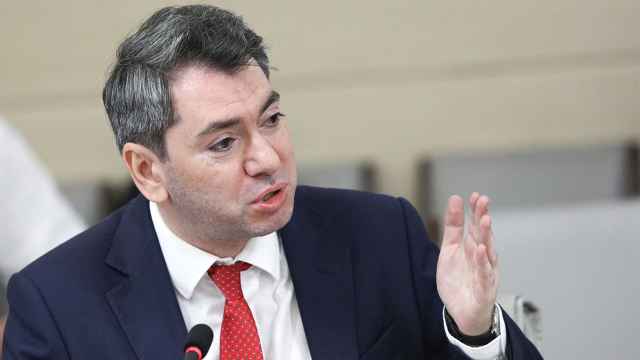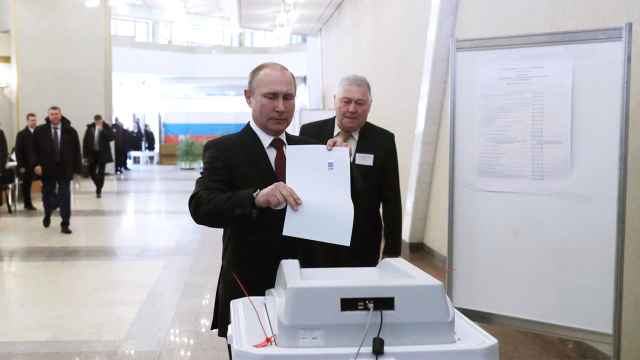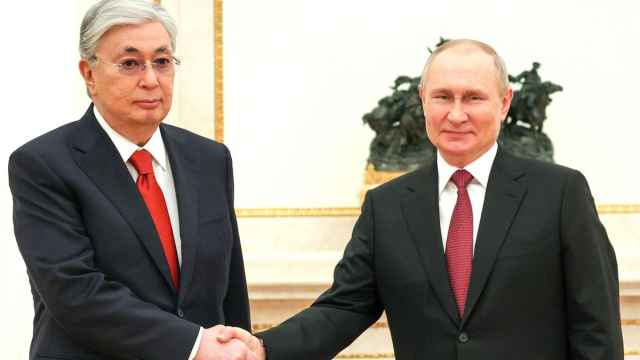The OSCE said on Monday there had been no real choice in Russia's presidential election and complained it had been marked by unfair pressure on critical voices.
"Choice without real competition, as we have seen here, is not real choice," the Organization for Security and Co-operation in Europe said in a statement, adding that restrictions on fundamental freedoms, as well as on candidate registration, had limited the space for political engagement.
The OSCE gave its verdict after President Vladimir Putin won 76.69 percent of vote in a landslide re-election victory on Sunday, extending his rule over the world's largest country for another six years.
Putin's critics, including opposition leader Alexei Navalny, who was barred from running in the race, said there had been widespread fraud and that observers had seen people being bussed to polling stations by their own employers.
The Central Election Commission said on Monday morning that it had not registered any serious complaints of violations.
But the OSCE said political rights and fundamental freedoms of assembly, association and expression had been limited inRussia since 2012, and that some activists had who questioned the election's legitimacy had been detained.
"Observers noted a variety of measures, some involving inappropriate pressure on voters, aimed at increasing turnout. Persistent pressure on civil society, the absence of critical reporting in most media, and concerted efforts to increase turnout characterized the political environment of this election," the OSCE said.
"While the incumbent president did not participate in debates or in campaigning, the extensive coverage of his official activities provided him with a dominant presence", it added.
A Message from The Moscow Times:
Dear readers,
We are facing unprecedented challenges. Russia's Prosecutor General's Office has designated The Moscow Times as an "undesirable" organization, criminalizing our work and putting our staff at risk of prosecution. This follows our earlier unjust labeling as a "foreign agent."
These actions are direct attempts to silence independent journalism in Russia. The authorities claim our work "discredits the decisions of the Russian leadership." We see things differently: we strive to provide accurate, unbiased reporting on Russia.
We, the journalists of The Moscow Times, refuse to be silenced. But to continue our work, we need your help.
Your support, no matter how small, makes a world of difference. If you can, please support us monthly starting from just $2. It's quick to set up, and every contribution makes a significant impact.
By supporting The Moscow Times, you're defending open, independent journalism in the face of repression. Thank you for standing with us.
Remind me later.


